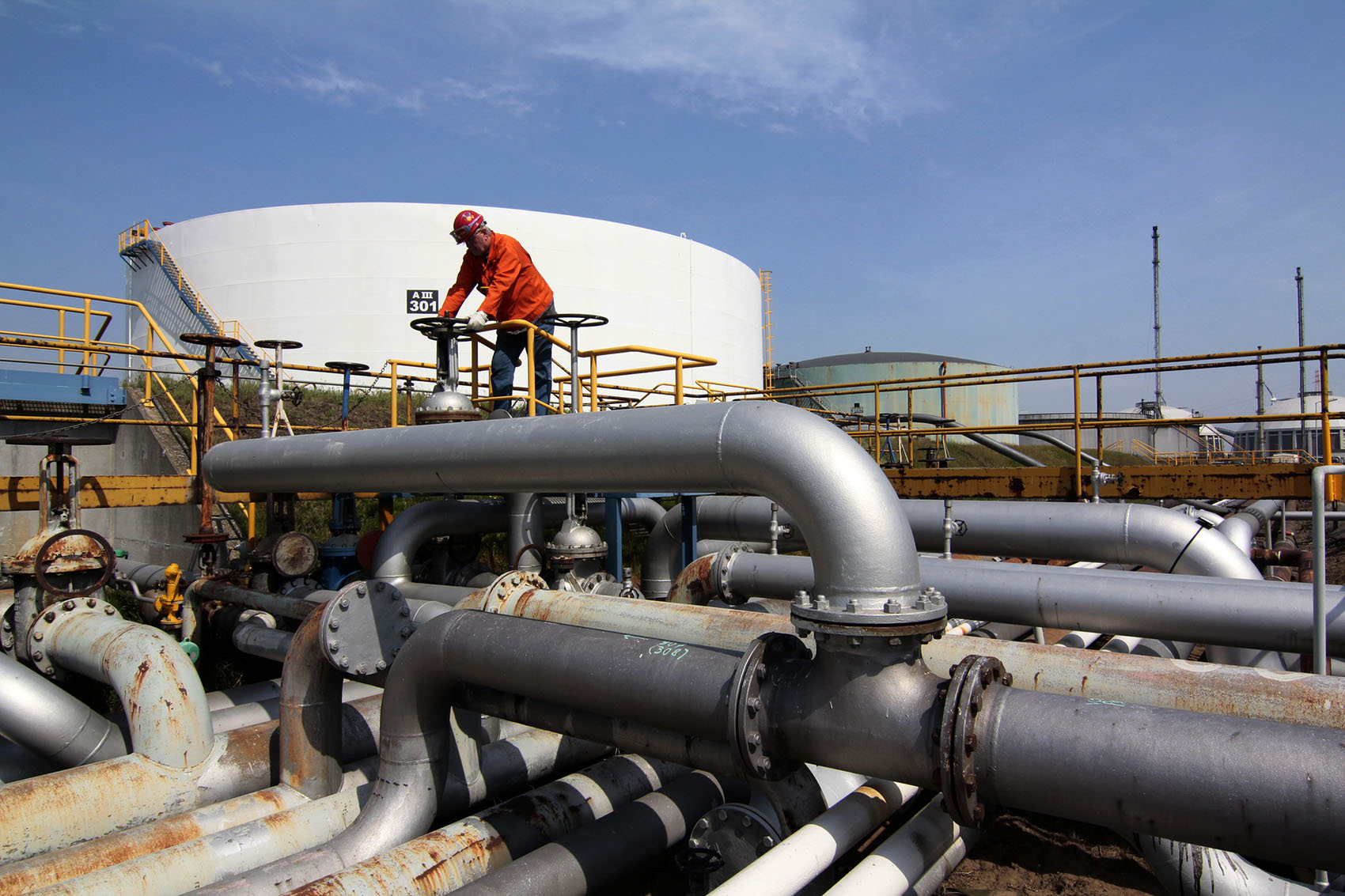
Petroleum engineering is a branch of engineering focused on the exploration, extraction, production, and management of oil and natural gas resources. It involves a combination of geology, chemistry, physics, and engineering principles to develop and implement efficient and sustainable methods for hydrocarbon recovery. Here are the detailed aspects of a typical petroleum engineering course:
Core Subjects in Petroleum Engineering
-
Introduction to Petroleum Engineering:
- Overview of the oil and gas industry.
- History and significance of petroleum engineering.
- Basic terminology and concepts.
-
Geology and Geophysics:
- Earth sciences relevant to petroleum exploration.
- Rock properties and reservoir characteristics.
- Seismic data acquisition and interpretation.
- Geological mapping and modeling.
-
Drilling Engineering:
- Drilling techniques and equipment.
- Well design and planning.
- Drilling fluids and their properties.
- Well control and safety measures.
-
Reservoir Engineering:
- Reservoir properties and fluid behavior.
- Reservoir modeling and simulation.
- Enhanced oil recovery techniques.
- Reservoir management and optimization.
-
Production Engineering:
- Techniques for oil and gas production.
- Well completion and stimulation methods.
- Artificial lift systems (e.g., pumps, gas lift).
- Surface facilities and processing.
-
Petroleum Economics and Project Management:
- Economic evaluation of oil and gas projects.
- Risk analysis and management.
- Project planning and execution.
- Cost estimation and budgeting.
-
Petroleum Geochemistry:
- Composition and characteristics of hydrocarbons.
- Geochemical methods for exploration and production.
- Source rock evaluation and maturation.
-
Petroleum Fluid Properties:
- Properties of oil, gas, and water in reservoirs.
- Phase behavior and thermodynamics.
- PVT (Pressure-Volume-Temperature) analysis.
-
Health, Safety, and Environment (HSE):
- Safety regulations and standards in the petroleum industry.
- Environmental impact and mitigation measures.
- Hazard identification and risk management.
- Emergency response planning.
-
Petroleum Software and Technology:
- Use of specialized software for reservoir simulation, drilling, and production.
- Emerging technologies in the oil and gas industry.
- Data analytics and digitalization in petroleum engineering.
Practical Components
- Laboratory Work: Hands-on experience with rock and fluid analysis, core sampling, and PVT testing.
- Field Trips: Visits to drilling sites, production facilities, and refineries to observe operations and processes.
- Internships: Industry placements to gain practical experience in exploration, drilling, and production.
- Capstone Projects: Real-world projects to apply theoretical knowledge in designing and optimizing petroleum engineering processes.
Skills Developed
- Technical Proficiency: Strong foundation in engineering principles and their application to oil and gas exploration and production.
- Analytical Skills: Ability to analyze complex data and solve problems related to reservoir behavior and production optimization.
- Design Skills: Proficiency in designing efficient and safe drilling, completion, and production systems.
- Project Management: Skills in planning, executing, and managing petroleum engineering projects.
- Communication: Ability to effectively communicate technical information to various stakeholders, including engineers, geologists, and management.
Career Opportunities
Graduates of a petroleum engineering course can pursue various career paths, including:
- Oil and Gas Exploration Companies: Working on discovering and evaluating new hydrocarbon reserves.
- Drilling Contractors: Designing and overseeing drilling operations.
- Production Companies: Managing the extraction and processing of oil and gas.
- Service Companies: Providing specialized services and technology to the petroleum industry.
- Consulting Firms: Offering expert advice on exploration, drilling, and production optimization.
- Government Agencies: Regulating and overseeing the petroleum industry.
- Research and Development: Innovating new technologies and methods for hydrocarbon recovery.
- Environmental Agencies: Managing the environmental impact of petroleum operations.
Leading Institutions Offering Petroleum Engineering Courses
- Texas A&M University, USA: Department of Petroleum Engineering.
- University of Texas at Austin, USA: Hildebrand Department of Petroleum and Geosystems Engineering.
- Imperial College London, UK: Department of Earth Science and Engineering.
- Norwegian University of Science and Technology (NTNU), Norway: Department of Geoscience and Petroleum.
- University of Calgary, Canada: Department of Chemical and Petroleum Engineering.
A course in petroleum engineering is rigorous and multidisciplinary, combining elements of geology, engineering, and economics to prepare students for the complex challenges of exploring, extracting, and managing oil and natural gas resources. The continuous advancement in this field is essential for meeting the global energy demands while ensuring safety and sustainability.
